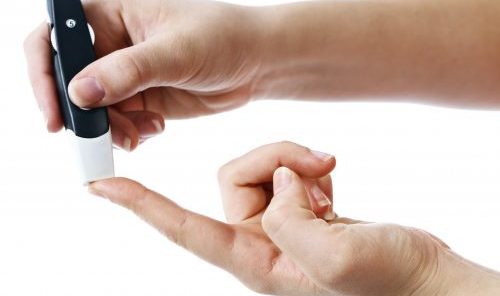Credit: Original article published here.There are limited treatment options to reduce persistent cardiovascular and renal risk in patients with type 2 diabetes and stage 4 chronic kidney disease (CKD). Results of FIDELITY, a prespecified pooled analysis of FIDELIO-DKD (Finerenone in Reducing Kidney Failure and Disease Progression in Diabetic Kidney Disease) and FIGARO-DKD (Finerenone in Reducing Cardiovascular Mortality and Morbidity in Diabetic Kidney Disease) demonstrated that heart-kidney outcomes were improved in participants with CKD and type 2 diabetes who were treated with finerenone. Pantelis Sarafidis, MD, and colleagues conducted a FIDELITY subgroup analysis to examine the effects of finerenone among participants with stage 4 CKD (defined as estimated glomerular filtration rate [eGFR] <30 mL/min/1.73 m2). Efficacy outcomes of interest were a cardiovascular composite (cardiovascular death, nonfatal myocardial infarction, nonfatal stroke, or hospitalization for heart failure) and a kidney composite (kidney failure, sustained ≥57% decrease in eGFR from baseline, or kidney disease death). Results were reported online in the Clinical Journal of the American Society of Nephrology [doi:10.2215/CJN.0000000000000149]. FIDELITY included 13,023 participants. Of those, 7% (n=890) had stage 4 CKD. The hazard ratio for risk of the cardiovascular composite outcome with finerenone versus placebo among participants with stage 4 CKD was 0.78
Credit: Original article published here.Previous studies have examined the role of medical nutrition therapy (MNT) in progression of chronic kidney disease (CDK). However, according to Christopher G. Rowan, PhD, and colleagues, there are few data available on the relationship between MNT and hyperkalemia. The researchers conducted a retrospective data analysis in a cohort of adults with stage 3-4 CKD and hyperkalemia (diagnosis of hyperkalemia and serum potassium >5.0 mmol/L) who received MNT from January 1, 2019, to August 31, 2022. Results were reported during a poster session at the National Kidney Foundation Spring Clinical Meetings 2023 in a poster titled Recurrence of Hyperkalemia Following Dietary Counseling, REVOLUTIONIZE I Real-World Evidence Study. The study utilized electronic health record data from TriNetX Dataworks, USA. To focus on patients who received MNT as first-line therapy, those who were treated with oral antihyperkalemia therapy (potassium binder) within 6 months prior to MNT were excluded. Follow-up was censored at the first of 6 months following initiation of MNT, initiation of outpatient therapy with an oral antihyperkalemia therapy, death, or the end date (August 31, 2022). The researchers analyzed the percentage of patients who had a hyperkalemic event at 0-1, 0-2, 0-3, 0-4, 0-5, and 0-6



